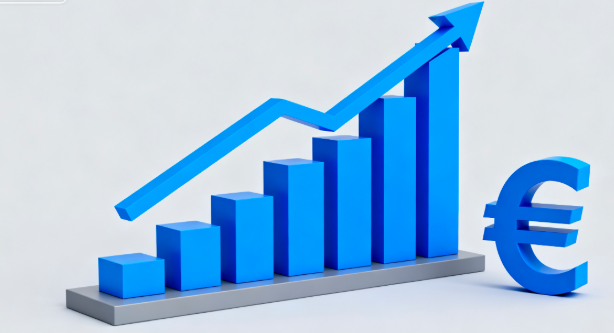
CBO Director: Trump Tariffs Have Already Boosted Inflation
Swagel also shared the CBO's long-term perspective on the impact of Trump's tariffs on Monday: the agency predicts that by injecting funds into the federal treasury, these tariffs will reduce the U.S. budget deficit by $4 trillion over the next decade.
Currently, the outlook for Trump's tariff policy remains uncertain. After the Trump administration appealed a lower court ruling that the president overstepped his authority, the Supreme Court is scheduled to hold oral arguments in early November.
The Trump administration warned that if the Supreme Court waits until June next year to rule in favor of the lower court judges, declaring these tariffs illegal, the Treasury Department could be forced to refund $750 billion to $1 trillion in collected tariffs.
"The effects of policy uncertainty will fade over time and disappear entirely by the end of 2027, restoring investment to levels without trade policy uncertainty," recent CBO analysis stated.
Swagel's comments come as the Fed is expected to implement its first rate cut in nine months this week, given signs of weakness in the U.S. labor market.
Due to the risk of a potential rebound in inflation constraining the Fed's ability to cut rates aggressively, the market widely anticipates a cautious 25-basis-point cut. Persistently high inflation levels could complicate the Fed's future path of rate cuts.
According to CME's "FedWatch Tool," the probability of a 25-basis-point rate cut by the Fed this week is 95.9%, while the chance of a 50-basis-point cut is 4.1%. The probability of a cumulative 25-basis-point cut by October is 23.1%, a cumulative 50-basis-point cut is 73.8%, and a cumulative 75-basis-point cut is 3.1%.
















